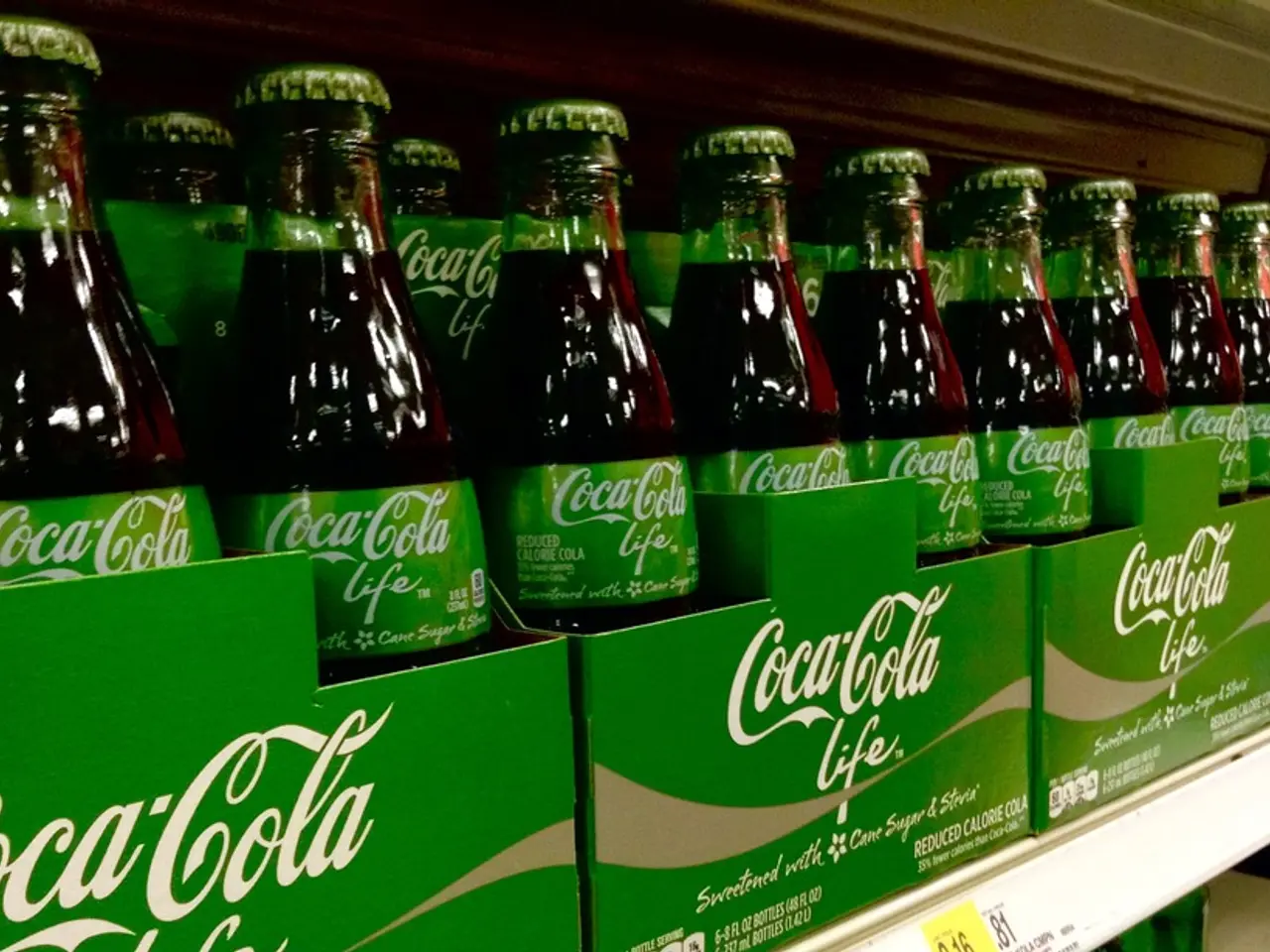Bottled Water Expiration Dates: Why They Matter and What's Safe
Major bottled water producers like Nestlé Waters, Danone, Coca-Cola, and PepsiCo print expiration dates on their products to maintain safety and quality. Consumers should heed these dates and storage guidelines to avoid potential health risks.
Expired packaged water can pose serious health threats, including reproductive issues, neurological damage, and immune system harm. This is primarily due to the degradation of the plastic bottle, typically polyethylene terephthalate (PET), which can release toxic chemicals into the water when exposed to sunlight or heat.
Carbonated water's taste may deteriorate over time due to gas leakage, but the water itself remains safe to consume. Distilled water, on the other hand, does not expire and can be safely consumed for up to six months when stored in a cool, dark place.
To ensure the safety and quality of bottled water, consumers should store it in a cool, dark location and adhere to the expiration dates provided by the manufacturers. This simple practice can help mitigate potential health risks and maintain the product's intended benefits.




